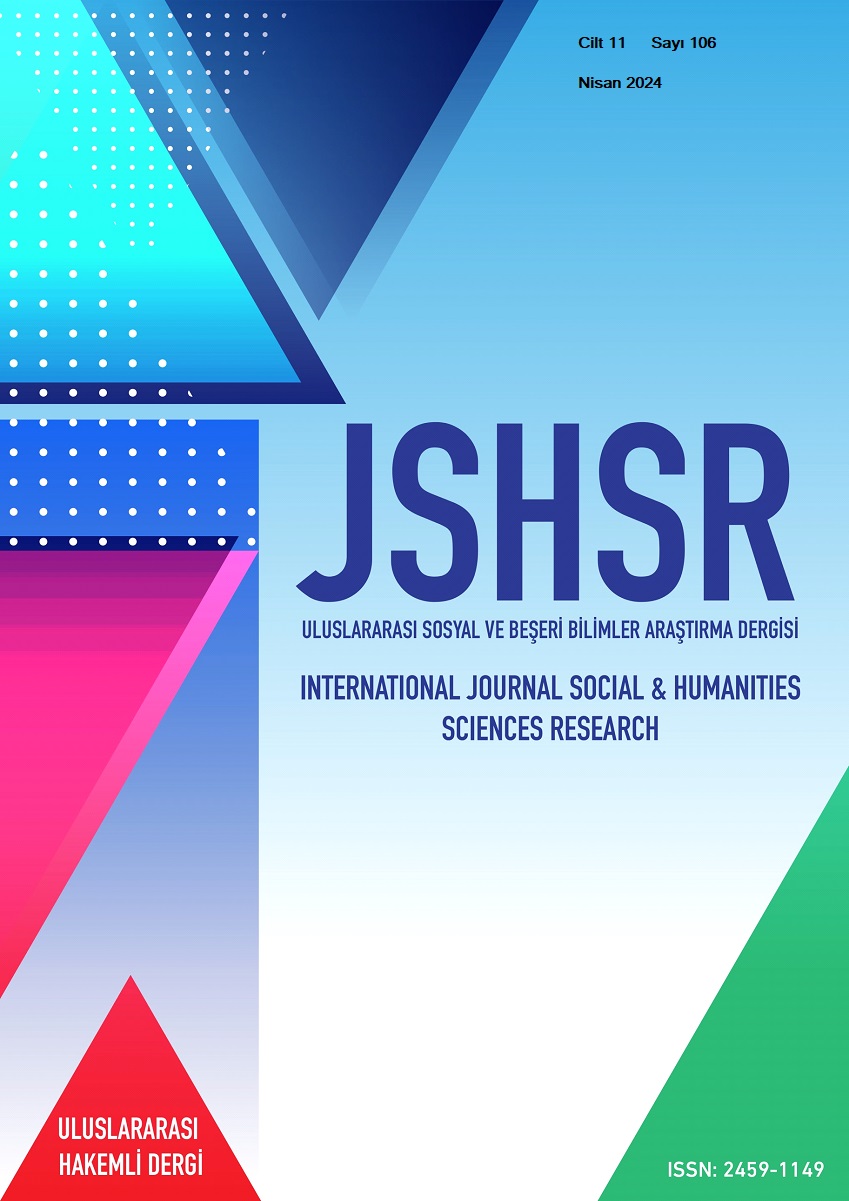Tafsir and Israiliyyat in the Holy Quran
DOI:
https://doi.org/10.5281/zenodo.11109528Keywords:
İsraeliyat, Tafsir, Faith, Holy QuranAbstract
Israeliyyat is the whole of the information obtained from Jewish and Christian sources of Islamic science studies. It includes various narratives, stories and historical narratives included in the Islamic literature of the time. The symbols of Israiliyyat refer to Islamic literature and interpretations of a range of Jewish traditions, legends, and historical narratives. These influences can be found in a variety of Islamic texts, including Qur'anic commentaries, hadith collections, and historical works. The use of Israiliyyat is a matter of debate. While the work highlights common historical and cultural aspects, serving as a bridge between Jewish and Islamic traditions, it is important to approach Israelism with caution. By examining the intersections between Jewish and Islamic narratives, a deeper understanding of the spiritual and spiritual connections between these two faiths can be gained. While others are classified, others combines all of this information with caution. Because it may contain elements, interpretations or biases different from the Islamic knowledge. Critical analysis of the information obtained from Israiliyyat and attaching great importance to the maintenance of Islamic policies. The meaning of this Israiliyyat expression, its introduction to tafsir, the meaning of the Qur'an It is aimed to explain to the readers its role and its relations with the books of Ahl al-Sunnah
References
Büyük, E. (2019). Tefsirde İsrâiliyyâta Dair Bazı Tespit Ve İddiaların Değerlendirilmesi. Cumhuriyet İlahiyat Dergisi 23/2, 765-785. https://doi.org/10.18505/cuid.620363.
Corbin, J. & Strauss, A. (2008). Basics of qualitative research: Techniques and procedures for developing grounded theory (3rd ed.). Sage Publications, Inc. https://doi.org/10.4135/9781452230153
Döner, E. (2021). İsrâiliyyât Kavramının Anlam Alanı ve Tarihi Seyri & Ötekinin Tanımı ve Konumu Bağlamında İsrâilî Rivayetlerin Kullanımının İmkanı ve Eleştirisi. Libra Kitap.
Ebû Bekr Muhammed Turtuşî (1994). Sirâcü’l-Mülûk, Kahire,.
Ethem, M. & Ünsal, R. (2020). Kur'an'ı Anlamada İsrâliyat’ın Rolü Pamukkale Üniversitesi İlahiyat Fakültesi Dergisi, 7(2), 1720-1744. Doi: 10.17859/pauifd.811506.
Karaalp, C. (2019). İsrâiliyât'ın Tefsire Girişi, İslam Düşüncesi Dergisi, Araştırma Yayınevi.
Kuzudişli, A. (2017). İsrailiyat Hadis Rivayetleri Arasına Nasıl Karıştı? İsrailiyat(1), 25-53.
Muhammed Emin b. Fazlullah b. Muhibbillah ed-Dımeşkî el-Muhibbî (1994). Kasdü’s-Sebîl fi’l-Lugati’l-Arabiyye mine’d-Dahîl, thk. Osman Mahmûd Sinnî, Riyad.
Öztürk, M. (2014). Kur'an Kıssaları Bağlamında İsrâiliyyât Meselesine Farklı Bir Yaklaşım-Tefsirde İsrâiliyyât Karşıtı Söylemin Tahlil Ve Tenkidi. İslami İlimler Dergisi, 9(1), 11 - 68.
Yıldırım, A. ve Şimşek, H. (2011). Sosyal Bilimlerde Nitel Araştırma Yöntemleri (8. baskı). Seçkin Yay.
Downloads
Published
How to Cite
Issue
Section
License
Copyright (c) 2024 INTERNATIONAL JOURNAL OF SOCIAL HUMANITIES SCIENCES RESEARCH

This work is licensed under a Creative Commons Attribution 4.0 International License.


